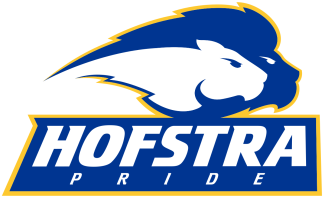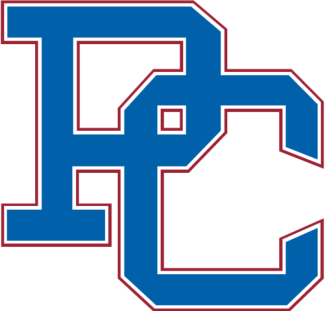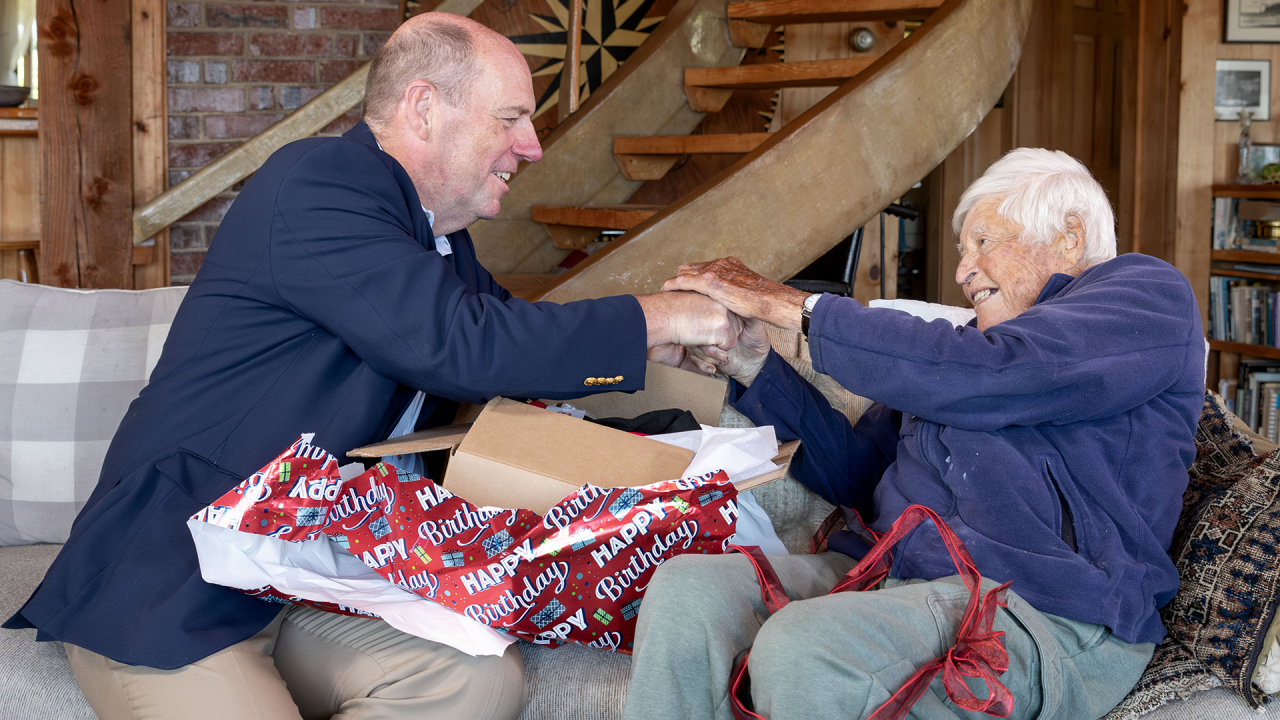The culmination of the tour came in the exhibition event at the Olympics. Coleman remembers a full crowd at Wembley Stadium, though accounts have anywhere from 35,000 to 60,000 in attendance for the U.S. game against an all-star English team.
Coleman started the scoring and the Americans jumped out to a 4-1 lead before the momentum shifted with the arrival of some special guests.
“About one-third of the way through the first game, everything stops,” he said. “Everybody looks up, and there’s King George VI, his daughter Elizabeth and his wife Queen Elizabeth, who arrived in their box in the stadium. We all stand there while they play ‘God Save the King’ and go through their rigmarole. That was a surprise.”
Elizabeth II would take power four years later, but her family’s royal appearance that day turned the tide. England would go on to take a 5-4 lead before a goal in the final minute gave the U.S. a 5-5 tie. Coleman didn’t return home immediately after the Olympics. His tour was formative to the rest of his life. He found he liked to drink tea, and he discovered sailing as a pastime.
“He got to be great friends on the ship over with this guy, Sydney Ross, who was a physical chemistry professor at RPI who is Scottish,” Meg Coleman said. “After the games he taught my dad how to sail. They sailed around the isle. They chartered a sailboat and just had a great time over there.”
Coleman played his senior year at RPI and in 1949 he met Billie — a Russell Sage College student who had obtained her pilot’s license at 16 — on a blind date ice skating. Billie and he were said to be inseparable until her death three years ago. They had four daughters, the youngest of whom, Meg, played lacrosse and soccer at Middlebury College.
“I remember him teaching me how to play with modern metal lacrosse sticks,” she said. “He was always helping me, getting me to practice, picking up ground balls and all of that. I definitely felt like I had a leg up in terms of all the stick work.”
The family also attended a lot of lacrosse games that Coleman refereed. He was declared an honorary lifetime member of the New England Lacrosse Officials Association, though he doesn’t remember exactly how he got into officiating.
“Somebody that I played with was reffing and they were short and said, ‘Hey, do me a favor and get in here,’” Coleman said. “I said, ‘I don't know any of the rules.’ He says, ‘It doesn't matter. Neither do I.’”
Coleman became one of the most respected officials in the game. He once reffed a Syracuse-Dartmouth game in which Jim Brown played. In 1981, he was an official for the NCAA championship games at all three college levels.
“Bill was the first official from our area to work the national championship tournament games,” official Dick Eustis said, according to Eric Evans’ exhaustive account of the history of New England referees.
Added Hall of Fame ref Vin LoBello in the same account: “Bill probably worked more big games than any other New England official."
Coleman stopped officiating after 36 years.
“You had to have a pretty good record because they didn’t want anybody screwing up the game,” he said. “After every game, the coach of each team rated you. The coaches association and the referees association kept a list of these. In the end, I come out pretty well on that list.”
Coleman still had a lacrosse stick in his hand 10 years ago. He’d play catch with his grandkids.
“I remember one time playing catch with him, I looked away for a second and he threw the ball because he was still so quick. It hit me right in the chest and knocked the wind out of me,” Potter said. “And this was when he was 86 years old.”
Coleman has slowed down over the last decade, most regrettably giving up the downhill skiing that he cherished, as well as sailing. He lives by himself in Jaffrey, New Hampshire, where he and Joseph Manning opened Bean Fiber Glass, Inc., in 1957. He summers on Swan Island, Maine, where he has two houses — one built entirely of fiberglass that he formed and hauled to the island piece by piece to assemble.
“He got to know most of the lobstermen who live on the island full-time and became good friends with a lot of them,” Potter said. “Some of them were at his 100th birthday.”
Coleman used to patch their boat bottoms with fiberglass, and even their trucks when the salt water rusted holes into them. He could fashion just about anything out of fiberglass. He even has a fiberglass teapot.
“There are rolls and rolls of fiberglass and there's resin, and there's countless tools. He would always be in his basement building something, tinkering with something,” Potter said. “He's someone who has remained active — mentally, physically, intellectually — throughout his entire life.”
It was to one of Coleman’s Maine homes that Schmidt took a plane, car and ferry to reach him this summer. Coleman, Schmidt noted, was born on the 100th anniversary of RPI’s founding and is now alive to see the school’s bicentennial celebration. Schmidt brought some RPI gear to share while listening to stories first-hand from the notable centenarian.
“He's successful as an athlete, successful as an entrepreneur, inventor and so on,” Schmidt said. “He’s a really interesting guy.”



























































